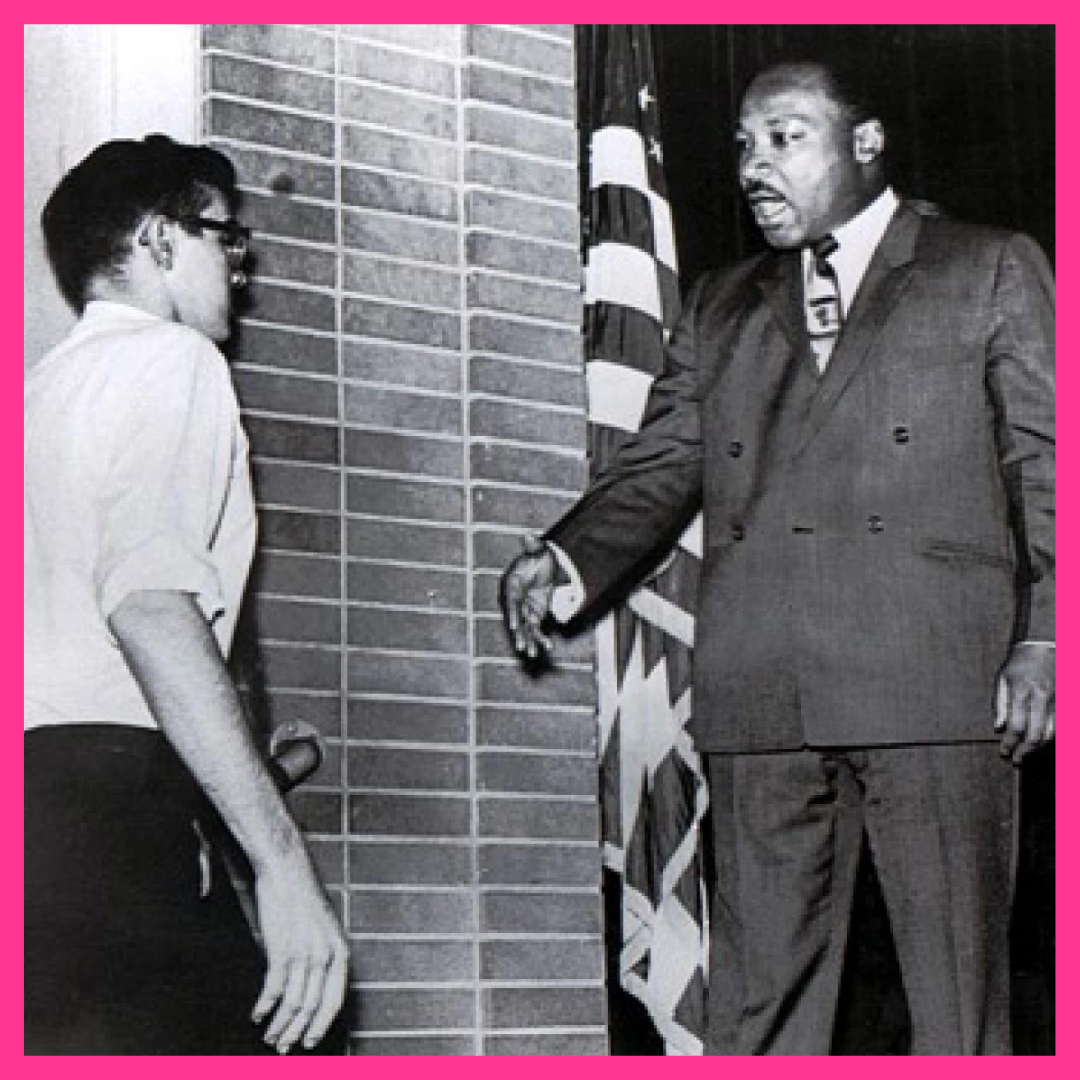The Other America / I Have A Dream
“Of all the forms of inequality, injustice in health care is the most shocking and inhumane.” – Martin Luther King Jr.
I have a dream where access to healthcare is a human right, not determined by race, religion, age, education, sexual orientation, or where you live, work, and play, (known as the social determinants of health).
On April 4, 1968, I awoke to the clock radio going off next to my bed in my hometown of Grosse Pointe Farms, Michigan, with the news that Dr. Martin Luther King Jr. had been assassinated.
Less than three weeks earlier on March 14, my dad drove me to my high school where I was a Junior, (you do the math) and sat with me in our gymnasium where Dr. King took the stage to deliver a speech called The Other America.
There was quite a conversation at our dinner table the previous week, when I successfully persuaded my parents to let me go and hear Dr. King.
They were understandably concerned. After all, the previous summer the city of Detroit exploded, and for five days there was a deadly and destructive race riot, requiring those of us in the suburbs to stay home, and not go out after dark. We were under a curfew. My initial response was excitement, as my very first serious boyfriend was over for dinner when the curfew was imposed, and he had to spend the night. On the couch, of course, as he was not permitted on the second floor.
In Grosse Pointe, in the 60s, we were uber polite, referring often to Emily Post or Letitia Baldrige’s volumes of etiquette, which advised to never discuss, money, sex, politics or religion as those topics were considered unfit for a social gathering. Discussing race was never on our radar until that summer of 1967.
I grew up in an all-white community. I was clueless as to how The Other America lived; until I listened to Dr. King and his speech (you can read the full text here), where he discussed the stark reality of what separates the two Americas: systematic racism.
Fifty-five years later and while we’ve worked hard to address equity for all Americans through equal access to housing, education, and jobs; there remains much work to be done to end disparities, especially when it comes to ensuring equal access to healthcare.
In the breast cancer space alone, the statistics are staggering.
Here are the facts:
- Age-adjusted breast cancer mortality is about 40% higher among Black women than among non-Hispanic White women.
- Despite medical improvements in early detection, diagnosis and screening, many Black women are less likely to obtain adequate treatment compared to White women.
- Black women continue to have the lowest survival rate of any racial or ethnic group. The five-year survival rate for a black woman with breast cancer is 81% versus 92% for white women.
- Black people have a higher likelihood of inadequate health insurance even with employment.
The facts speak for themselves. When it comes to healthcare, America is still a place of disparity for people of color. If we want to move toward equality in this space, we need to listen to the Black voices who are making a difference.
I want to recognize a few key fellow Black breast cancer survivors who have taken the initiative to help end these disparities.
These women and their “Breasties” (as Ricki Fairley calls her fellow survivors) are working tirelessly to make changes in the breast cancer community. Please make time to click on the links, learn about their missions and get involved.
- Jamil Rivers, Founder, The Chrysalis Initiative
- Karen Eubanks Jackson, Founder & CEO, Sisters Network
- Maimah Karmo, President & CEO, Tigerlily Foundation
- Ricki Fairley, Co-Founder, TOUCH (The Black Breast Cancer Alliance)
I know there are many more. Please feel free to add to this list in the comments.
As Dr. King so eloquently said, “Life’s most persistent and urgent question is ‘What are you doing for others?’”
At Pink Fund we are pleased to be able to support so many underrepresented populations and we know that working together, always, we are stronger.
Sources:
https://www.cancer.org/content/dam/cancer-org/research/cancer-facts-and-statistics/cancer-facts-and-figures-for-african-americans/2022-2024-cff-aa.pdf https://www.nejm.org/doi/full/10.1056/NEJMp2200244
https://link.springer.com/article/10.1007/s10552-006-0102-y
https://www.cancercenter.com/community/blog/2022/09/racial-disparities-in-breast-cancer

